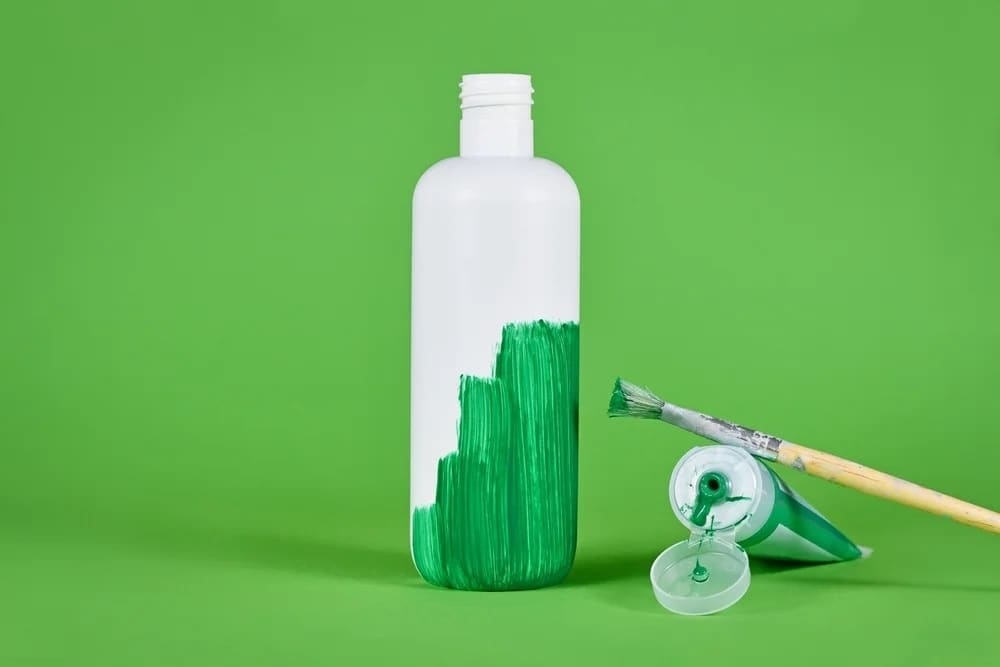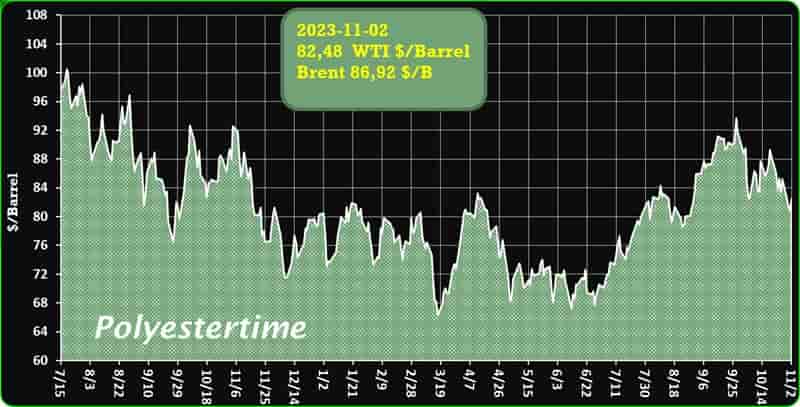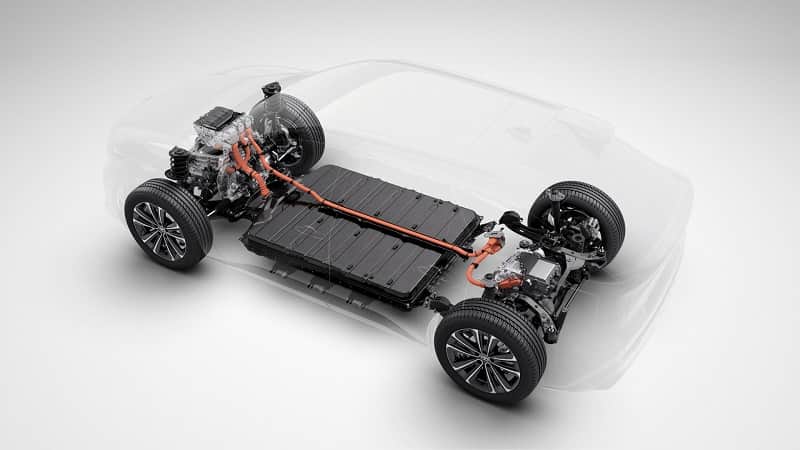Herma, a leader in self-adhesive label materials, has introduced the new wash-off adhesive 72Hpw. Thanks to a special formulation, the production costs of the new adhesive are almost on the same level as a conventional permanent standard adhesive, says the company. Nevertheless, it is claimed to make it possible to generate pure PET flakes with the usual industrial washing processes, without disturbing residues of labels and the printing inks contained on them. At the same time, this adhesive also benefits from the wash-off know-how that Herma states to have acquired in this field: The new adhesive has been designed to achieve good values in the important initial adhesion, i. e. the tack, and in the wash-off rate. They are claimed to be very similar to the more expensive wash-off adhesives that have already been introduced. Carbon Fiber
Institut cyclos-HTP has already certified the adhesive 72Hpw for wash-off applications in combination with the film Herma PP white super tc (grade 881). This means that PET bottles can also be visually attractive for products such as beverages, cleaning agents (detergents), cosmetics and personal care. They can all be recycled in industry-standard recycling plants. The adhesive 72Hpw has been developed for applications where the label is to be washed off in warm alkaline water. Good results are already achieved at 70 °C in a 1% sodium hydroxide solution, explains Herma. Further material combinations are currently still in the test phase. These include, for example, the extra light and therefore resource-friendly films Herma PP 50 white (grade 884) and Herma PP 50 transparent super tc (grade 886).
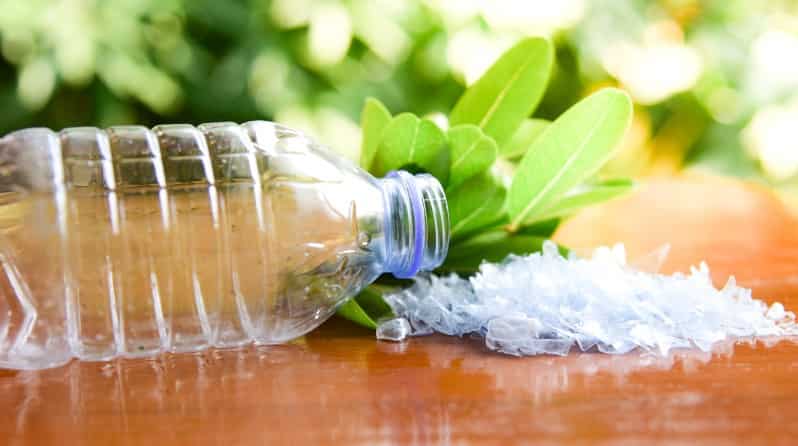
Chlorophyll Water transitions to 100% rPET bottles
For the new bottles’ labels, the brand leveraged Avery Dennison’s water-based CleanFlake technology.
US-based bottled water brand Chlorophyll Water has announced the launch of new bottles made using 100% recycled polyethylene terephthalate (rPET).
The plastic material used in manufacturing Chlorophyll’s new bottles is recycled using technologies that have been approved by the US Food and Drug Administration (FDA).
The company has also received the European Food Safety Authority’s (EFSA) approval for food-grade applications of this rPET material. Carbon Fiber
These approvals signify that the material used in Chlorophyll’s packaging can be repurposed again into new PET bottles, further minimising the requirement of using virgin plastic for manufacturing new PET bottles.
Regarding the labels on these new 100% recycled plastic bottles, Chlorophyll leveraged Avery Dennison’s CleanFlake label technology.
CleanFlake labels, according to Chlorophyll, help enhance the yield of food-grade PET during the recycling process.
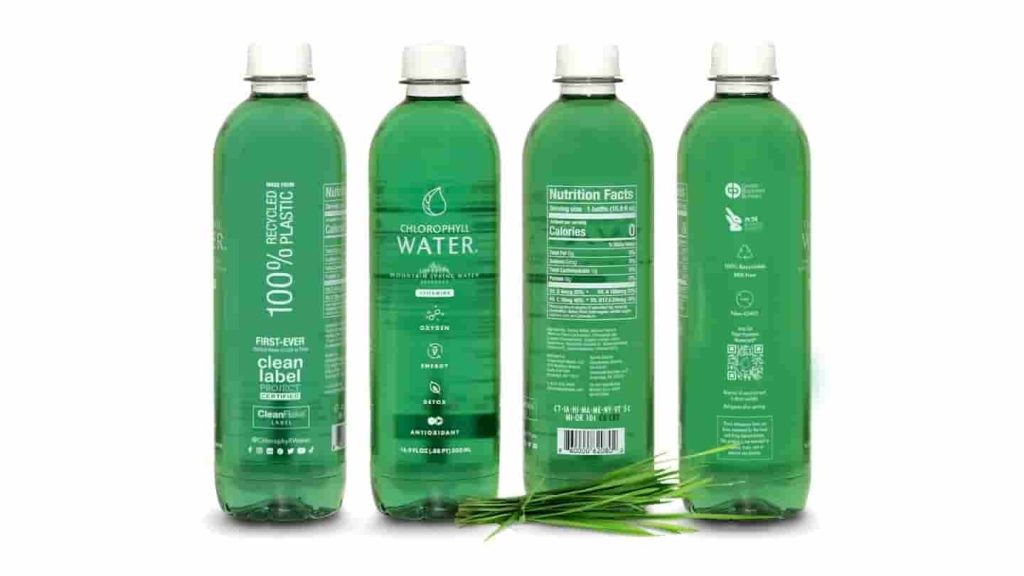
Landbell and Sabic Enter Into Long-Term Partnership to Advance Plastic Packaging Closed-Loop Systems
Landbell, a German waste management service provider, and Sabic, the Saudi chemical giant, have solidified their long-term cooperation through an agreement aimed at fostering closed-loop systems for plastic packaging and expanding advanced recycling initiatives. The primary focus will be on establishing and enhancing processes to augment feedstock streams, technology, and expertise required for larger-scale chemical recycling operations.
This agreement marks a significant milestone in the ongoing partnership between the two companies, which was initially formed in 2020. Carbon Fiber
It builds upon the success of a pioneering recycling project announced by Landbell and Sabic in 2022 in collaboration with Mars. This project demonstrated the feasibility of closing the loop on flexible packaging by collecting mixed-used plastic and producing certified circular polypropylene (PP) as part of Sabic’s Trucircle portfolio.
Landbell and Sabic aspire to encourage other brand owners, as well as plastic and packaging converters, to integrate circular solutions utilizing chemically recycled post-consumer plastic packaging into their product applications. The collaboration also aims to showcase that closed-loop projects have the potential to recapture value and reintroduce used plastic into new material streams. To achieve this, Landbell is providing mixed plastic packaging waste from the German yellow bag collection as feedstock for chemical recycling—a waste stream that has traditionally been processed through low-end mechanical recycling or incineration for energy recovery.
This waste is transported to a specialized pre-treatment facility operated by A. Siemer Entsorgung, where it undergoes further sorting and cleaning processes in preparation for subsequent processing. Ultimately, the material will be transported to the Sabic Plastic Energy Advanced Recycling Unit in Geleen (currently in its final construction stages), where it will be converted into pyrolysis oil known as Tacoil. Following treatment in a newly constructed Sabic hydrotreater plant, this Tacoil can be utilized in Sabic’s production processes. Carbon Fiber

OMV and Interzero establish joint venture to build and operate Europe’s largest sorting facility for chemical recycling
- Construction and operation of innovative, fully automatic, sorting plant with capacity of up to 260,000 tonnes per year in Walldürn, Germany
- Processing mixed plastics into feedstock for OMV’s chemical recycling
- OMV investment volume over EUR 170 mn
OMV, the integrated company for energy, fuels & feedstock, chemicals and materials, headquartered in Vienna, has today announced the final investment decision to build an innovative sorting plant developed by Interzero* to produce feedstock for chemical recycling. In total, OMV will invest an amount of over EUR 170 mn to build this state-of-the-art facility in Walldürn, southern Germany. OMV will hold 89.9 percent of the shares in the joint venture and 10.1 per cent of the shares will belong to Interzero, Europe’s leading provider of circular economy solutions. Carbon Fiber
Production start of the new plant is expected to take place in 2026. Around 120 new jobs will be created at the new site. The groundbreaking ceremony is already scheduled for November 20, 2023, with guests from politics expected to attend.
The sorting facility will be the first of its kind to produce feedstock for OMV’s chemical recycling on a large industrial scale. The ReOil® technology developed and patented by OMV is a chemical
recycling innovation that converts plastic waste that cannot be mechanically recycled into pyrolysis oil – a valuable resource. Carbon Fiber
The input for the sorting plant essentially involves mixed plastics that have not been recyclable until now, especially those collected separately from the yellow bag and the yellow bin recycling system in Germany.
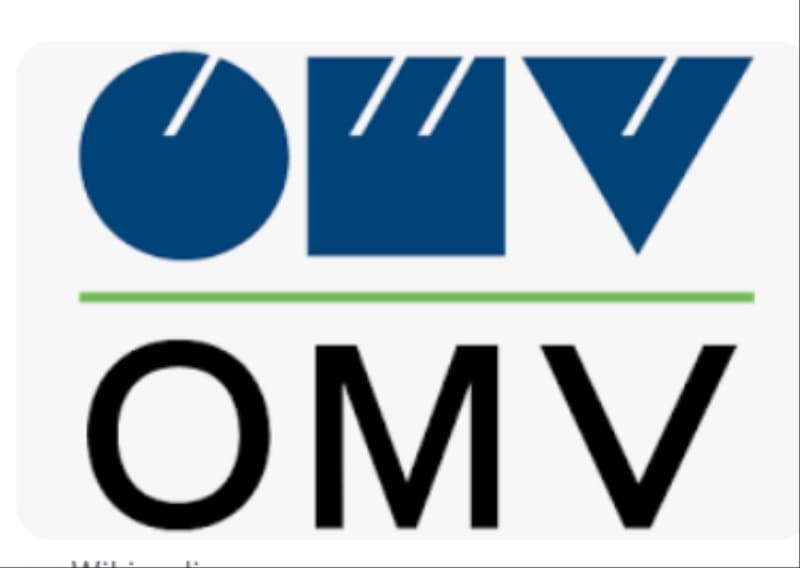
Toray Industries, Inc. Develops TORAYCA T1200, the Ultra-High-Strength Carbon Fiber
Toray Industries, Inc. announced that it has developed TORAYCA? T1200 carbon fiber, the higher strength at 1,160 kilopound per square inch (Ksi). This new offering will move forward to reducing environmental footprints by lightening carbon-fiber-reinforced plastic materials.
This fiber also opens a new performance frontier for strength-driven applications. Its potential applications range from aerostructures and defense to alternative energy and consumer products. As carbon fiber products have proven their value and become more commercialized, the supply of high-strength carbon fiber has increased globally.
Pushing this performance frontier has increased the demand for specialty applications. Toray set about refining its proprietary nanoscale structural control technology to design and achieve an internal structure that resists damage. Leveraging this fundamental technology led Toray to develop TORAYCA? Carbon Fiber
T1200 in its new facility within the Ehime Plant (in Masaki-cho, Ehime Prefecture). T1200 has a tensile strength of up to 1,160 Ksi, more than 10% higher than TORAYCA? T1100, which currently has the higher tensile strength available.
T1100 applications include defense weapon systems, space, aircraft, and sports and leisure equipment. Toray began the commercial production of TORAYCA? carbon fiber in 1971 at the Ehime Plant and diversified the application into compressed natural gas and high-pressure hydrogen tanks, automobiles, aircraft, and sporting equipment.
In 1986, Toray developed TORAYCA? T1000 and further expanded carbon fiber’s potential by commercializing TORAYCA? T1100.
Toray remains a global leader, with both carbon fibers exhibiting the higher strength available worldwide. As part of the Toray Group’s Sustainability Vision, the company committed itself to providing innovative technologies and advanced materials that contribute to sustainable progress. TORAYCA? Carbon Fiber
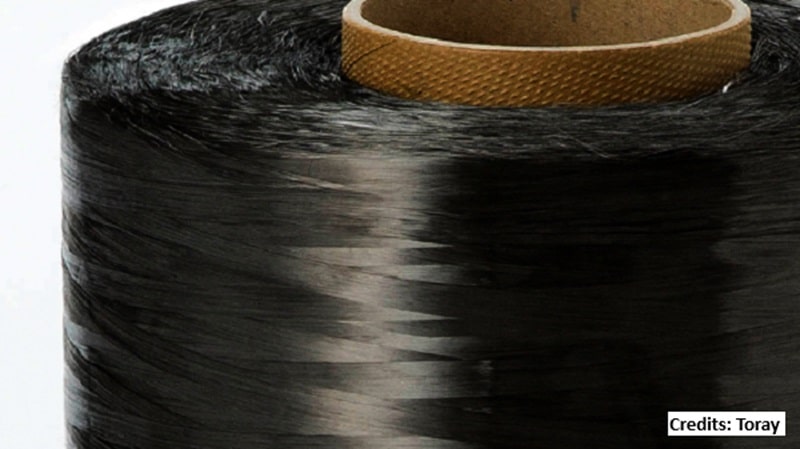
Report finds high likelihood of greenwashing in beverage packaging
Circularity claims on PET beverage bottles such as ‘100% recyclable’ are likely to be misleading consumers, according to a new report.
ClientEarth, ECOS (Environmental Coalition on Standards), Eunomia Research & Consulting and Zero Waste Europe have researched greenwashing in PET beverage packaging.
The report is based on previous work by circular economy specialists at Eunomia, which concluded that PET is not currently a circular material within even the best recycling systems in Europe. It shows that circularity claims may in some cases be inaccurate and overall give an impression of the ‘sustainability’ of PET beverage bottles that does not reflect reality. Carbon Fiber
The investigation looks at examples of on-pack claims and finds that the term ‘recyclable’ is ambiguous and should not be placed on bottles. The authors recommend instead that labels provide consumers with clear instructions on how to dispose of packaging.
It also finds that ‘100% recycled’ claims may not account for all the components of the bottle, asserting that caps and labels are rarely, if ever, made from recycled content.
The report warns that companies should address these practices to avoid misleading consumers and potentially breaching consumer protection law.
The conclusion drawn is that PET beverage bottles should not be marketed using language or imagery that implies circularity or sustainability. Carbon Fiber
ClientEarth representative Rosa Pritchard commented: “‘Plastic bottle circularity’ is a myth. Claims on bottles that promote this idea present an obstacle to the green transition. Consumers need access to fair, honest information about the environmental impacts of products and clear information on recycling.”
